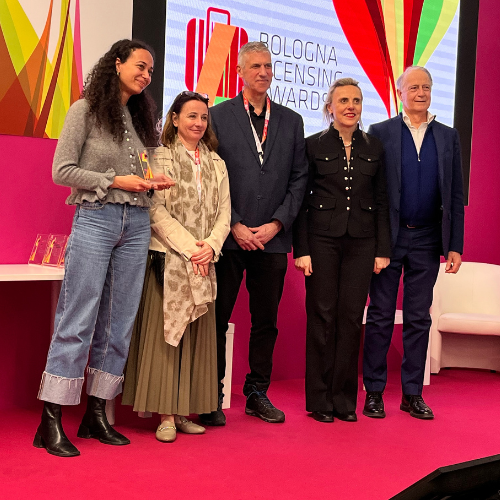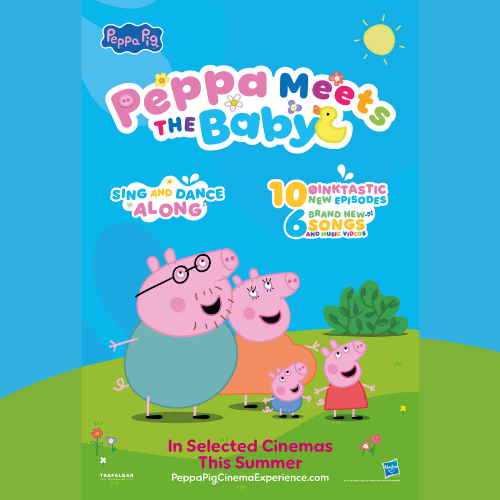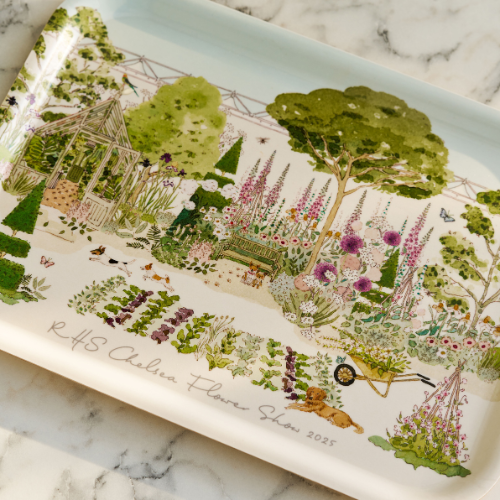‘Nature is in crisis. Together we can save it.’ That’s the core message consumers will be getting from RSPB this season and beyond thanks to a full-scale re-branding that will now adorn all consumer product activity from the UK wildlife charity.
The RSPB’s mission to protect and restore habitats, save species, help end the nature and climate emergency, and inspire others to do the same will now be at the very forefront of its activity and conveyed through a new logo and look applied to all its licensed products.
There’s been a flurry of new product developments across the RSPB portfolio in recent weeks, including the launch of new ceramics from Moorcroft inspired by the charity’s flagship reserve, Minsmere, plus a collection inspired by its coastal Bempton Cliffs site.
Meanwhile, development of the team’s spring/summer 2023 homewares collection is now fully underway which includes the expansion of its Free As a Bird range from Half Moon Bay. It’s a range that features rPET fabric items and items promoting reuse among consumers such as travel drinkware and storage.
The RSPB has also recently signed a new sustainable childrenswear partner creating apparel from recycled materials of which the team will share more soon.
All will now feature the new look RSPB logo underpinning the organisation’s main objective of ‘protecting and conserving nature.’
Louisa Skevington, product licensing manager at RSPB, said: “Our licensing programme is a fantastic way of driving awareness of the RSPB’s work as well as generating revenue to help fund our mission for nature. It’s fantastic when our partners can make their most sustainable collections with our encouragement and support.”
Chief among a swathe of partner updates is the latest collection from the sustainable apparel specialist, Teemill. The range features five designs inspired by the homes and ‘family groups’ of UK birds.
“We chose to work with Teemill because of their enthusiasm for the RSPB and shared sustainable values. All their products are printed to order with production powered by renewable energy to limit waste and environmental impact,” said Louisa.
“As the UK’s largest nature conservation charity, we have definite environmental and sustainable sourcing guidelines in place. Going forward, I see our licensing programme as a means to work with companies that already have strong sustainability values in place, and to encourage better sustainability in companies that aren’t as far along their journey by encouraging FSC certification, use of recycled or organic materials, and plastic-free packaging.”
Want to read more news like this? Simply sign up to our daily digest by clicking here. You can also follow @LicensingSource on Twitter and @licensing_source on Instagram.

































